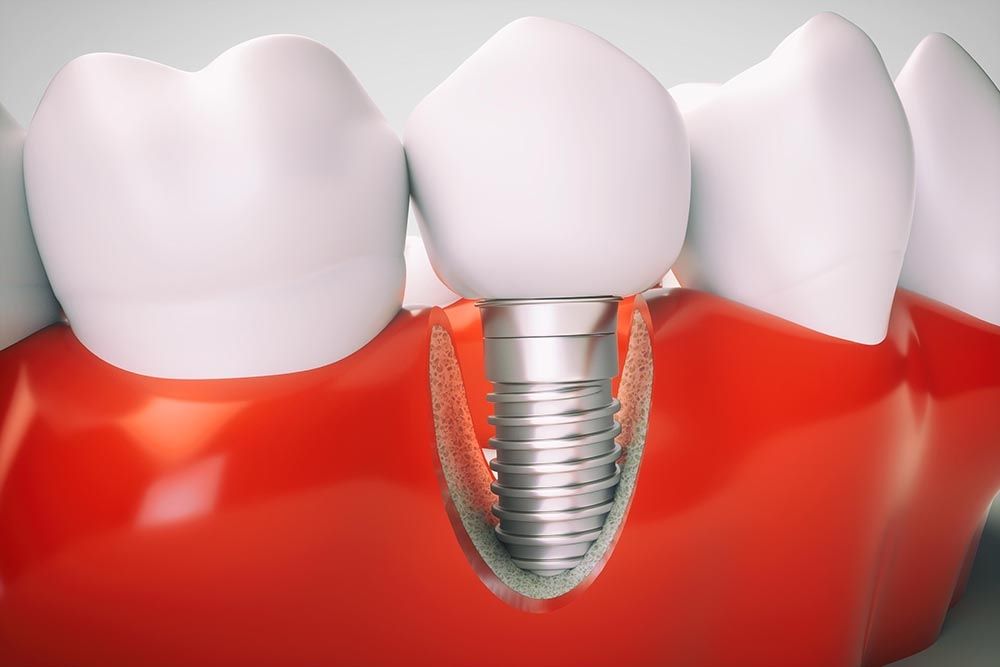
Prostate cancer is one of the leading causes of mortality in men worldwide. Thus, awareness and focus on prevention is crucial in combating this life-altering disease. While some risk factors such as age, race, and family history are non-modifiable, it's reassuring to note that certain lifestyle changes can reduce the likelihood of developing prostate cancer.
Eat a Healthy Diet
A well-balanced diet plays a significant part in preventing prostate cancer. Consuming fruits, vegetables, whole grains, and lean proteins can help in maintaining a healthy body. Experts suggest that men should limit their intake of red meat, processed food, and high-fat dairy products. Diets rich in lycopene, a powerful antioxidant found in tomatoes, pink grapefruit, and watermelon can potentially lower the risk of prostate cancer.
Maintain a Healthy Weight
Obesity is frequently linked to various types of cancer, including prostate cancer. Hence, maintaining a healthy weight is essential. Regular physical activities like walking, cycling, swimming can help attain this. If overweight, working towards gradual weight loss is beneficial.
Regular Exercise
Active individuals have a lower risk of developing prostate cancer. Regular exercise not only aids in weight management but also boosts the immune system & improves overall health. It is recommended to include both cardio and strength-building exercises in your routine. Always consult a healthcare professional before setting up an exercise plan.
Avoid Smoking and Limit Alcohol
Smoking increases the risk of many types of cancers, including prostate. Kicking the habit, or not starting at all, is essential. Similarly, heavy drinking can raise the likelihood of prostate cancer. It is advised to limit alcohol or avoid it altogether.
Regular Medical Check-ups
Early detection of prostate cancer increases the chances of successful treatment. Regular check-ups and screenings, especially for men over 40, can facilitate early detection. Communication with healthcare providers about any signs or symptoms maximizes the chances of catching the disease in its preliminary stages.
Note
While these suggestions can significantly reduce the risk of prostate cancer, they are not foolproof. Cancer is a complex disease and can still occur even with preventive measures. Therefore, constant vigilance, regular healthcare check-ups, and open discussions about health are essential.
In conclusion, a healthy and active lifestyle plays a significant role in preventing prostate cancer. However, genetics and age are crucial risk factors. Therefore, regular screenings, especially for high-risk groups, should not be ignored.



